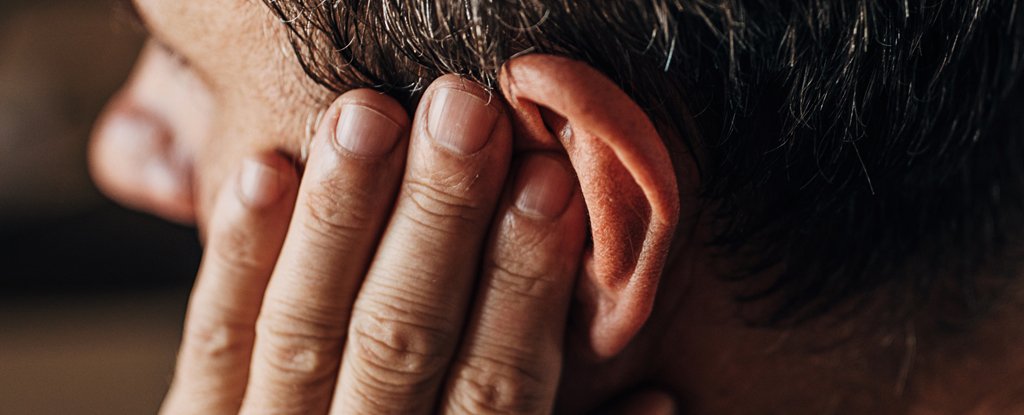
OXFORD, UK – New research suggests a significant link between tinnitus and sleep patterns, offering potential pathways for treatment and management.
Immediate Impact
Approximately 15 percent of the global population suffers from tinnitus, a condition characterized by hearing sounds such as ringing or buzzing without an external source. Often linked with hearing loss, tinnitus not only causes discomfort but also significantly impacts mental health, leading to stress and depression, particularly in chronic cases.
Currently, there is no cure for tinnitus, making the search for effective management strategies crucial for millions worldwide. Recent studies highlight the potential role of sleep in understanding and managing tinnitus.
Key Details Emerge
Research indicates that tinnitus is a type of phantom perception, where brain activity creates sensations such as sounds, sights, or smells that are not present. While most people experience such perceptions during sleep, individuals with tinnitus encounter them while awake.
15% of the world’s population is affected by tinnitus, impacting mental health and quality of life.
Additionally, tinnitus appears to alter brain activity, particularly in areas associated with hearing, which may be more active than usual. This phenomenon is similar to changes observed in brain activity during sleep, particularly in slow-wave sleep, a critical phase for rest and recovery.
Expert Analysis
According to Linus Milinski, a doctoral researcher in neuroscience at the University of Oxford, understanding the brain mechanisms underlying both tinnitus and sleep could lead to new treatment avenues. “Our review identified several brain mechanisms that connect tinnitus and sleep, providing insights into potential management strategies,” Milinski explains.
By the Numbers
During slow-wave sleep, brain activity shifts in waves, aiding memory and recovery.
This stage of sleep is crucial for the brain’s neurons to recuperate from daily activities, potentially suppressing tinnitus by reducing hyperactivity in certain brain regions.
Background Context
Not all brain areas experience the same level of slow-wave activity, with regions used more frequently during wakefulness showing heightened activity. This overactivity can lead to sleep disturbances, as seen in conditions like sleepwalking, and may explain the sleep issues faced by tinnitus sufferers.
Research suggests that despite reduced deep sleep, tinnitus patients can still experience some unaffected deep sleep, possibly because the brain activity during this phase suppresses tinnitus.
What Comes Next
Future research may focus on tracking both sleep stages and tinnitus activity simultaneously to explore their connection further. This could lead to new ways of manipulating sleep patterns to alleviate tinnitus symptoms.
Potential treatments might include sleep restriction paradigms to enhance slow-wave activity, thereby improving sleep quality and reducing tinnitus intensity.
Industry Response
The timing of this research is significant, as it aligns with growing interest in non-invasive treatments for tinnitus. According to Fernando Nodal, a lecturer in auditory neuroscience at the University of Oxford, “Understanding how sleep affects tinnitus could revolutionize treatment approaches, offering hope to millions.”
Regional Implications
This research, primarily conducted at the University of Oxford, underscores the importance of interdisciplinary studies in advancing medical knowledge and treatment options. It highlights how collaborations between neuroscience and sleep physiology can yield valuable insights into complex conditions like tinnitus.
This article is republished from The Conversation under a Creative Commons license. Read the original article. An earlier version of this article was published in May 2022.







